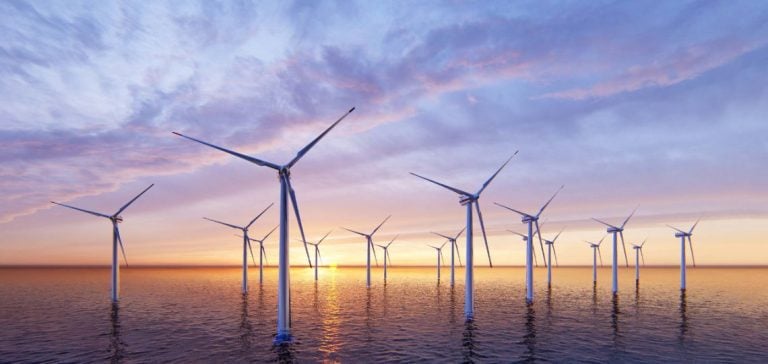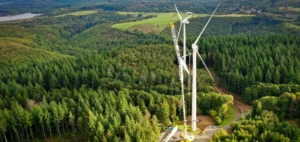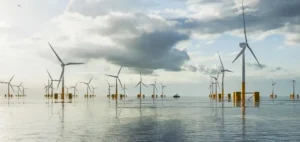The recent agreement signed between Eletrobras, the largest electricity company in Latin America, and Ocean Winds, a joint venture specializing in offshore wind energy, marks a major step forward in the exploration of offshore wind energy in Brazil. This partnership, formalized through a memorandum of understanding (MoU), aims to evaluate the possibilities of developing offshore wind farms in a country where this technology remains untapped, despite significant potential.
Brazil is currently the sixth largest global producer of onshore wind energy, but offshore wind projects have yet to materialize. The country, however, possesses vast coastal resources that are ideal for this technology. The main barrier to development remains the absence of a specific regulatory framework for offshore wind energy, a hurdle identified by industry experts.
Strategic objectives of the partnership
The agreement between Eletrobras and Ocean Winds is part of a long-term strategy to diversify renewable energy sources in Brazil. Offshore wind energy, with its ability to generate large amounts of electricity, could play a key role in the country’s energy transition. This technology is also seen as essential to meet the growing global demand for renewable energy.
Ocean Winds, a joint venture between Portugal’s EDP Renováveis and France’s Engie, is a leading player in offshore wind energy, with projects in Europe and North America. Their expertise and ability to develop large-scale infrastructure are significant assets for Brazil, an emerging market with untapped resources.
Challenges to overcome
The development of offshore wind energy in Brazil is not without its challenges. First, the creation of a clear and specific regulatory framework for this sector is crucial. This framework would allow investors to better understand the legal requirements, permits, and available financial incentives for such projects.
Another challenge is the cost associated with offshore infrastructure. Installing wind farms at sea is more expensive than land-based projects. In addition to the cost of installing turbines, the maintenance and connection of the wind farms to the mainland are factors that complicate the development of this technology in Brazil.
A strategic opportunity
If these obstacles are overcome, Brazil could become a regional leader in offshore wind energy. This strategic partnership between Eletrobras and Ocean Winds could allow the country to fill the gap in this field while supporting its climate commitments, particularly those made under the Paris Climate Agreement. The global demand for clean and sustainable energy is continuously growing, and Brazil, with its vast coastline, has the opportunity to meet this demand.
This first step toward offshore wind energy could not only help diversify Brazil’s energy mix but also strengthen its position on the international stage as a key player in the energy transition.






















